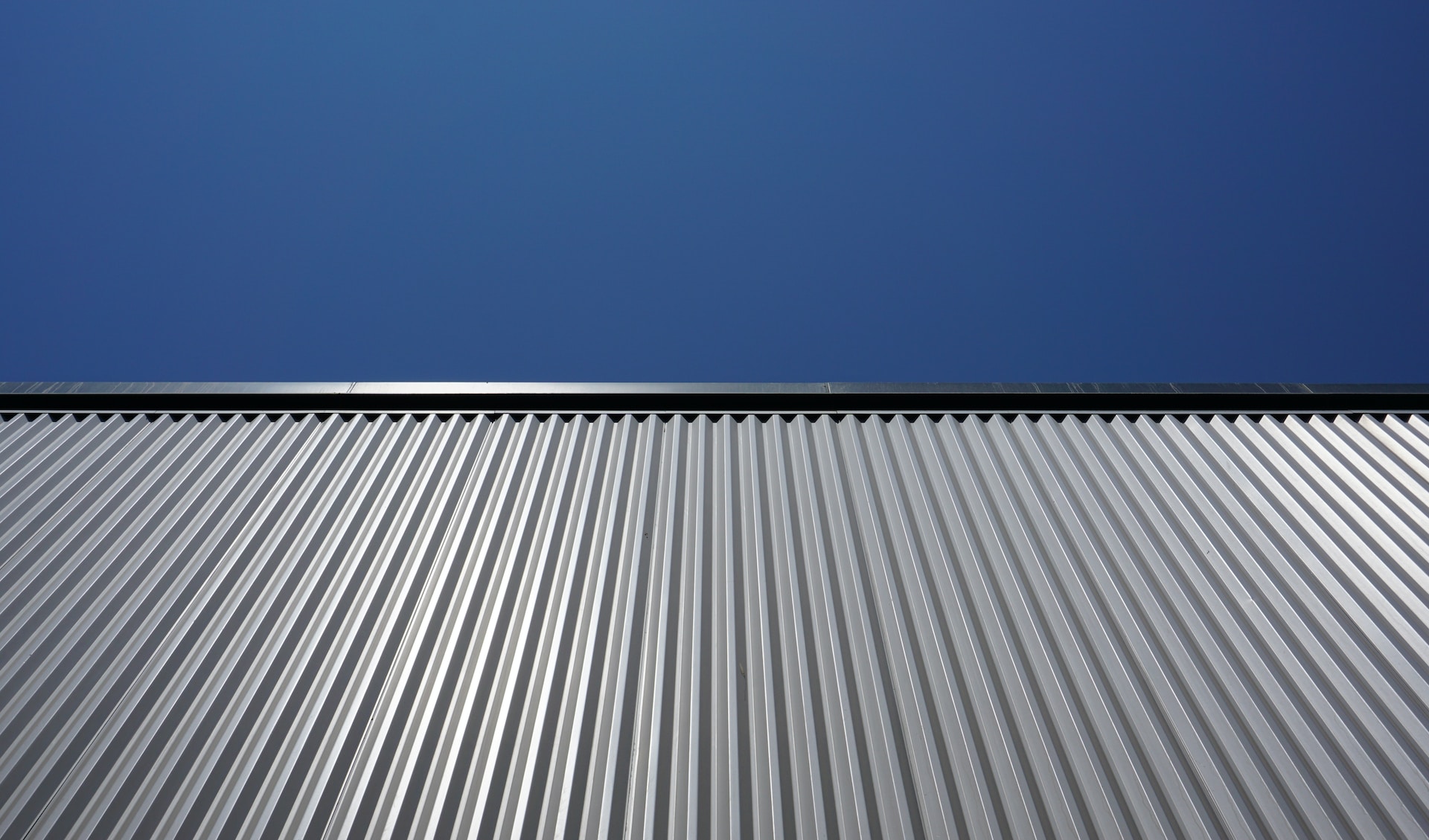
A roof is one of the most critical elements of any building, acting as a protective barrier against the elements, increasing energy efficiency, and adding to its overall aesthetic appeal. When it comes to choosing the right roofing material for your home or business, there are several factors to consider before making a decision. These factors include the material’s durability, longevity, maintenance requirements, cost, and appearance.
In this blog post, we will discuss various roofing materials available for residential and commercial properties, along with their advantages and disadvantages, so you can make an informed decision when selecting the ideal roofing material for your property.
In the following sections, we will evaluate different roofing materials, such as asphalt shingles, metal, tile, slate, and flat roofs, focusing on their pros, cons, and ideal applications for residential and commercial properties.
By understanding the unique characteristics of each material, you will be better equipped to choose the perfect roofing solution that caters to your specific needs and preferences.
Asphalt Shingles: Affordable and Versatile
Asphalt shingles are one of the most popular choices for residential roofing due to their affordability, versatility, and ease of installation. These shingles come in a wide range of colors and styles, allowing property owners to choose a look that complements the design of their buildings.
Asphalt shingles have a relatively long lifespan, typically ranging from 20 to 30 years. However, they may require more maintenance than some other roofing materials, especially in areas with frequent storms, high winds, or drastic temperature fluctuations.
Metal Roofs: Durable and Low-Maintenance
Metal roofs have steadily risen in popularity for both residential and commercial properties, as they offer numerous benefits such as durability, low maintenance, and energy efficiency. Metal roofing materials, including steel, aluminum, and copper, are known for their ability to withstand harsh weather conditions and resist fire, making them a safe and secure choice for your property.
Additionally, metal roofs can last up to 50 years or more with proper maintenance, making them an excellent long-term investment. Although their initial cost may be higher than asphalt shingles, the low-maintenance requirements and longevity of metal roofs can offset those expenses over time.
Tile Roofs: Classic Beauty and Longevity
Tile roofs are a popular option for homeowners seeking a classic and elegant aesthetic for their property. Roofing tiles can be made from various materials such as clay, concrete, or composite, and can mimic the appearance of other materials like wood or slate.
Tile roofs are known for their impressive longevity, often lasting for over 100 years with proper care. However, tile roofs can be relatively heavy, thus requiring additional structural reinforcement during installation. This, along with the higher initial cost of tile materials, can make them a more expensive option compared to asphalt shingles or metal roofing.
Slate Roofs: Unmatched Durability and Luxury
Slate roofs are known for their unmatched durability, often lasting for centuries with proper maintenance. Slate is a natural stone material that provides a luxurious and visually striking appearance, which can significantly enhance your property’s curb appeal.
Slate roofs are quite heavy, usually requiring structural reinforcement during installation, and are generally the most expensive roofing material option. However, considering their breathtaking aesthetics and extraordinary lifespan, many property owners find slate roofs to be well worth the investment.
Flat Roofs: Efficient Use of Space and Modern Appeal
Flat roofs, commonly used in commercial buildings and modern residential designs, can contribute to a sleek and minimalistic appearance. Flat roofs provide an opportunity to maximize the use of available space by accommodating rooftop gardens, solar panels, or additional living areas.
Various roofing materials can be used for flat roofs, including rubber (EPDM), modified bitumen, and thermoplastic olefin (TPO). While the initial cost of flat roofs may be lower than other roofing types, their maintenance and repair requirements can be more frequent and expensive due to potential water ponding issues and debris buildup.
Making an Informed Decision for Your Property
Assess Your Roofing Needs and Preferences
When selecting the ideal roofing material for your residential or commercial property, it is essential to assess your specific needs, preferences, and long-term goals. Consider factors such as the desired appearance, maintenance requirements, and the local climate when choosing a material that will best suit your property.
Additionally, keep in mind that some roofing materials may carry additional requirements concerning installation, structural reinforcement, and budget.
Consult with Professionals
Involving roofing professionals in your decision-making process can help provide you with the valuable expertise needed to make the best choice for your property.
Experienced roofing contractors can offer advice on which materials may be best suited for your particular roof’s structure, climate, and maintenance capabilities. Furthermore, they can provide accurate cost estimates to help you make an informed decision based on your budget.
Weigh the Pros and Cons
Each roofing material comes with its own set of advantages and disadvantages, and carefully weighing these factors is crucial when making your final decision. For example, asphalt shingles may be the most budget-friendly option, but they may require more frequent maintenance and have a shorter lifespan compared to metal or tile roofs.
By considering the unique attributes of each material and how they align with your specific needs, you can ensure that your investment will pay off in the long run.
Final Thoughts
Selecting the right roofing material for your home or business is a critical decision that requires careful consideration of various factors such as durability, aesthetics, maintenance, and cost. By understanding the unique characteristics of different roofing materials and consulting experienced professionals, you can make an informed choice that not only protects your property but also enhances its value and curb appeal.
Investing time and effort into choosing the perfect roofing material will ensure the long-term health, safety, and beauty of your home or commercial property. Contact us at Roofing Masters Network for your residential and commercial roof installation needs!

